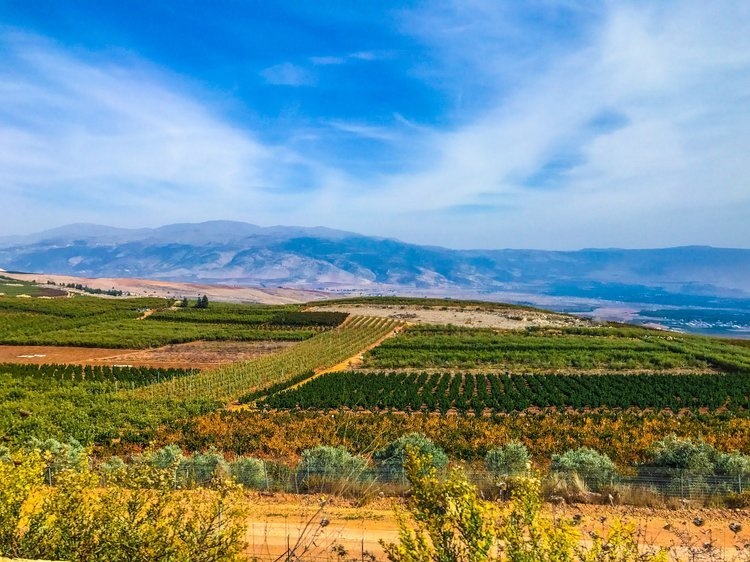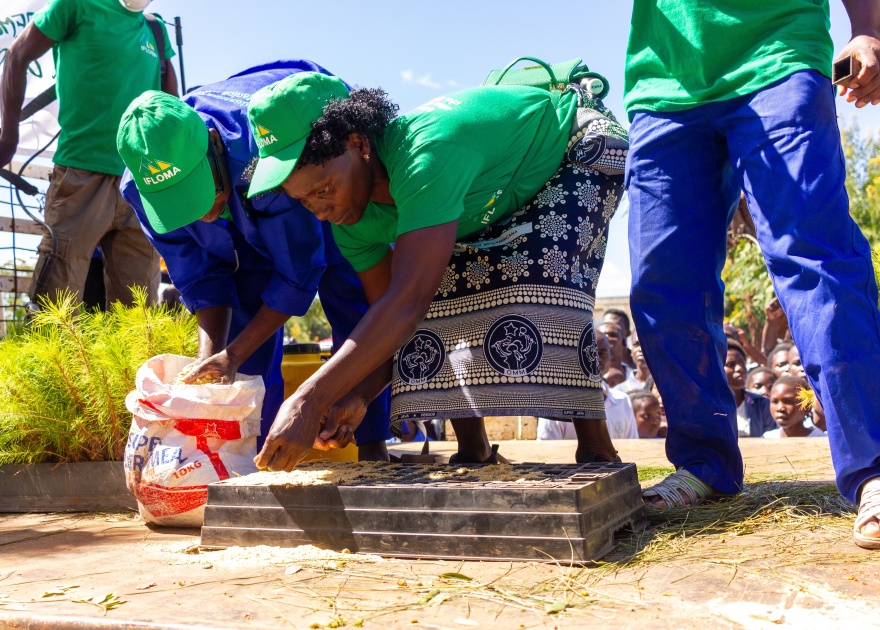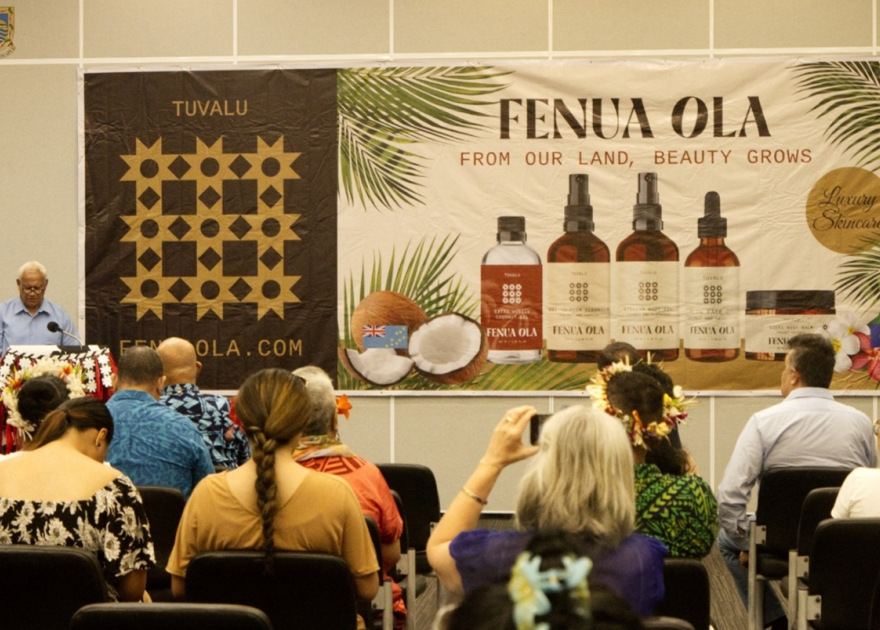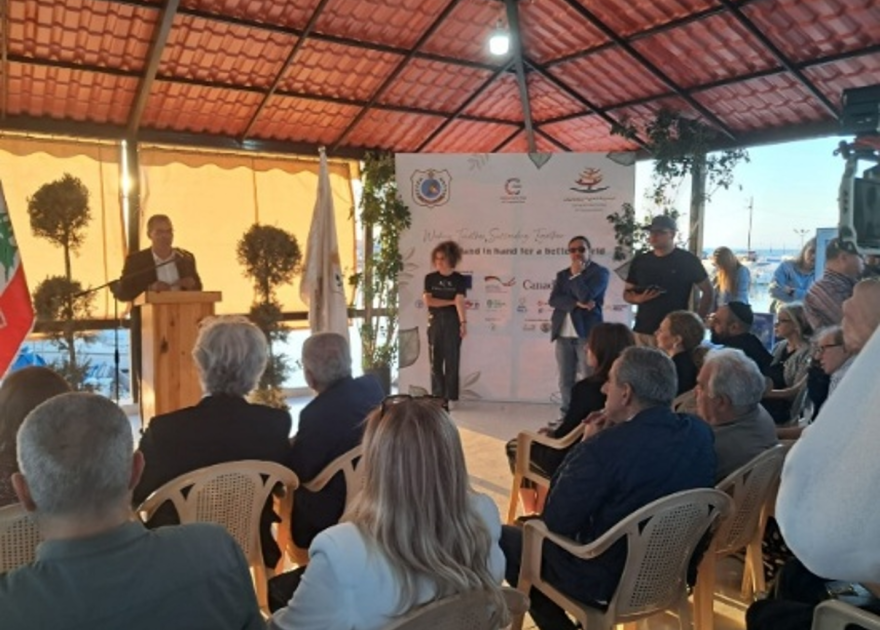Addressing agricultural pollution in the Litani River Basin
Landell Mills is pleased to announce the award of a new contract addressing agricultural pollution in the Litani River Basin in Lebanon through multiple interventions along the fresh vegetable value chain. The EU-funded contract, Provision of services to address agricultural pollution in the Litani River Basin has a total value of €750,000. Landell Mills will work alongside the American University of Beirut (AUB), spearheading research in the agricultural sector in the Bekaa Valley and Lebanon in general, and Delphy, a pioneer in technology innovation for sustainable production and integrated pest management.
Under the guidance of the Council for Development & Reconstruction, Economic & Social Fund for Development (ESFD), Landell Mills’ team of experts will provide assistance to selected groups of small-scale farmers and agri-food cooperatives operating in the Litani River Basin and the Bekaa Valley, an agricultural hotspot with considerable untapped potential.
By promoting a market-driven approach, our team of experts will work towards the dissemination of good agricultural practices among beneficiary farmers and, at the same time, work with a selection of cooperatives for the adoption of sustainable processing practices, the implementation of food safety standards, product development and the reinforcement of market linkages ultimately improving or expanding their access to markets.
This will require setting up demonstration plots, running farmer field schools, training beneficiaries in business development, standardising processing practices, developing brand and marketing campaigns for selected products, organising events showcasing key products and establishing more stable commercial relationships between various value chain actors.
Through these interventions, the project will reduce agriculture-driven pollution in the Litani River Basin while stepping up production, improving produce quality, and strengthening the income-generating capacity of Lebanese farmers and cooperatives.
The project will run for two years from January 2022.



